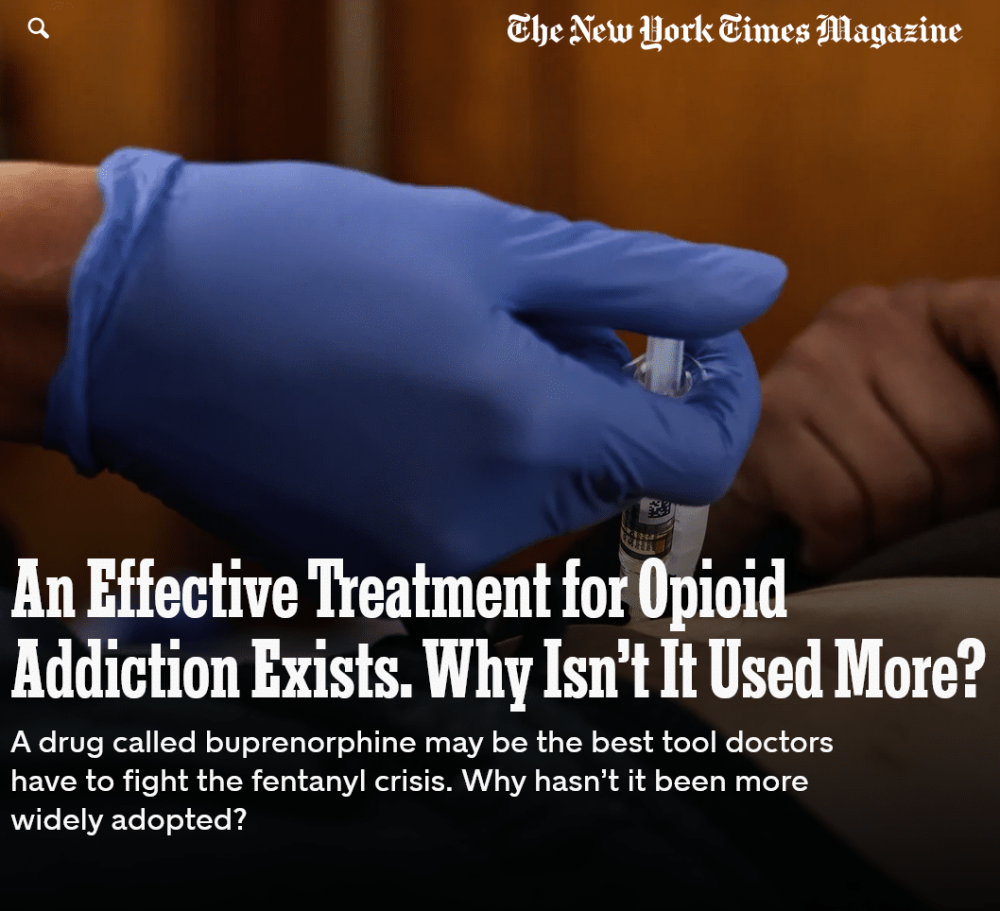Drug detox may feel like a daunting process for you, or your loved one. You may not know what to expect from a medical detox, you may be fearful of experiencing withdrawal symptoms, or simply unsure of what to do next. Those are normal thoughts and feelings for people struggling with addiction.
Overcoming substances can be a challenging process, especially if the person has been using alcohol or drugs for a prolonged period of time. With persistent use a person may face physical and withdrawal symptoms if they suddenly stop — this can cause health problems in the case of stopping alcohol or benzodiazepines. In these cases, it is best to seek help from a qualified medical professional, such as a drug detox service, to ensure that you or your loved one are safely guided through the detox process.
This blog explores drug detox, what is involved in drug detox, what symptoms a person might experience while detoxing, whether you or your loved one needs detox, and how to pick the most suitable drug detox.
What is drug detox?
In essence, drug detox facilitates the withdrawal process of drugs/alcohol from the body. However, there are various types of drug detoxes available. Some addiction treatment facilities, like a medical detox center, will use medication to ease the discomfort a person may experience while withdrawing from a substance.
It can take several days to weeks to detox from drugs or alcohol depending on a number of factors:
- The type of substance used
- How long they have been using drugs/alcohol
- The severity of use
- How the drug has been ingested
- The quantity and frequency of drug/alcohol used
- Whether there is polysubstance use
- Medical health and potential complications
Can I detox at home?
There are potentially serious risks to detoxing at home without medical supervision. First, it can be difficult to detox without support and medication to ease the withdrawal symptoms, and second stopping suddenly can be dangerous in the case of alcohol or benzodiazepines. Serious side effects of detox include seizures, severe dehydration, the risk of relapse, hallucinations, Delirium Tremens, depression and suicidal ideation.
It is also worth noting that if a person has underlying health conditions, detox can cause medical complications. For those reasons, it is almost always advised to seek detox from a professional addiction treatment facility that specializes in medical detox.
What are drug detox symptoms?
Without proper medical intervention and an individualized plan, alcohol and drug detox can be unpleasant and potentially fatal. We have listed the main categories of drugs below and common withdrawal symptoms. However, these may vary depending on the factors highlighted above.
Common alcohol detox and withdrawal symptoms may include:
- Excessive sweating
- Headaches
- Nausea and vomiting
- Increased heart rate
- Nightmares
- Tremors
- Seizures
- Anxiety
- Irritability
- Depression
- Hallucinations
- Physical withdrawal symptoms may begin as soon as a few hours after the last drink.
There is a more serious side effect known as delirium tremens (DTs) that some people experience when they discontinue alcohol use. The DTs are periods of hallucinations, confusion, and disorientation. If an individual develops these and the condition goes untreated it could be fatal.
Common benzodiazepine detox and withdrawal symptoms may include:
Stopping benzodiazepine medications without professional intervention, such as medical detox, can cause a number of unpleasant and prolonged side effects. Benzodiazepines alter the brain’s chemistry, causing things to slow down. Therefore, abruptly ceasing long-term benzodiazepine use can cause too dramatic a change in brain activity, leading to unpleasant side effects including:
- Nightmares
- Delusions
- Convulsions
- Seizure
- Constipation or diarrhea
- Nausea/vomiting
- Muscle and joint pain
- Migraine headaches
- Intense anxiety
- Irritability
Common methadone detox and withdrawal symptoms may include:
Without proper medical intervention and an individualized plan, methadone detox can be unpleasant and potentially fatal. Common methadone detox and withdrawal symptoms may include:
- Muscle aches
- Inability to sleep
- Diarrhea
- Chills
- Fever
- Cravings
- Abdominal cramping
- Excessive sweating
- Nausea and vomiting
- High blood pressure
- Anxiety
- Restlessness
- Paranoia
- Depression
- Rapid heartbeat
- Difficulty breathing
- Low blood pressure
- Coma
Those who take a high dose of methadone may experience more intense withdrawal symptoms.
Common stimulant detox and withdrawal symptoms
Depending on the type of stimulant and severity of use people detoxing from stimulants may experience slightly different withdrawal symptoms. Typically, stimulant withdrawal symptoms include:
- Depression
- Anxiety
- Paranoia
- Slowed movements
- Impaired memory and cognition
- Heart problems
- Loss of interest
- Increased appetite
- Body aches
- Cravings
- Insomnia
- Fatigue
- Irritability
- Post-acute withdrawal syndrome (PAWS)
We can help overcome uncomfortable withdrawal symptoms through effective, safe, and comfortable medical detox provided by addiction experts. Our patients are rarely uncomfortable because we provide an individualized plan for each patient and their needs.
What is the drug detox timeline?
It’s important to note that every patient has unique needs, history of use, and medical conditions. Therefore, the detox timeline will vary from person to person. However, there are three key phases to detox:
- Evaluation: you can expect a medical team to fully evaluate you or your loved one for physical and mental health issues as well as taking a comprehensive medical history. From there a treatment plan will be devised that prioritizes the patients needs and safety.
- Stabilization: The next step will be stabilizing the patient with medical therapies and providing psychological support through the process. Medical detox will use medications, either orally or via IV, to help ease the discomfort of withdrawal symptoms. The person will be supervised medically throughout this process.
- Preparing for treatment or taking the next steps in recovery. Once a person has been detoxed, they will prepare to take the next steps in their recovery journey. That could include transferring to residential or outpatient addiction treatment, or attending regular therapy. The person leaving should expect to have identified next steps before completing their treatment at the detox facility.
How do I know if I need drug detox?
Typically, any patient who has been using alcohol and/or drugs persistently may experience withdrawal symptoms requiring medical detox. The Substance Abuse and Mental Health Services Administration make recommendations for detox:
“For alcohol, sedative-hypnotic, and opioid withdrawal syndromes, hospitalization or some form of 24-hour medical care is generally the preferred setting for detoxification, based upon principles of safety and humanitarian concerns.”
– SAMHSA Detoxification and Substance Abuse Treatment Improvement Protocol, TIP 45
How to pick a drug detox near me
Picking a detox center is an entirely personal decision. However, it is critical that when selecting one you consider the level of medical care provided and seek to find out their expertise in dealing with emergency care, and complications.
Gallus Medical Detox Centers are certified ASAM Level III. 7D Medically Monitored Inpatient Detoxification Facility, and also accredited by the Joint Commission. We offer the comfort of a residential addiction treatment center but with the clinical expertise that is far superior to most medical detox centers.
We know that each patient has unique medical and personal needs which is why we provide a personalized service that emphasizes medical safety, outstanding professional expertise, evidence-based protocols, all without sacrificing our patients dignity and comfort.
The key features of our medical detox center includes:
- Individual treatment plans
- Psychological, physical, and social assessments
- IV Therapy Program
- 24/7 medical supervision
- Cardiac telemetry and video technology
- Adjustments to treatment plans to suit our patients needs
- An individual recovery plan identifying resources and next steps toward a long-term recovery
At Gallus Medical Detox Centers, we bring compassion to the commotion. Peace to the pain. Empowerment to the powerless. If you or someone you know needs support with addiction problems, bring us your battle.


 Steve B
Steve B 
